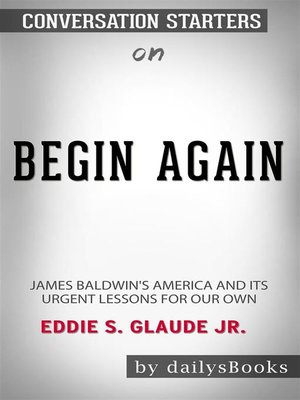

Baldwin begins this section by laying bare the consequences of living in a society so overdetermined by consumerism. In all of these years of reading Baldwin, I never noticed the third sentence of the first section of Nothing Personal. And, my God, in the aftermath of Donald Trump’s presidency, we need to hear that plea clearly in all of its complexity. I was so focused on the images I couldn’t see the sophisticated stitching of Baldwin’s plea. Baldwin wanted us to confront the loveless character of our lives, the prison of our myths, and the illusion of what we take to be “safety.” Avedon’s images themselves broke up the writing and fragmented the argument about who we are as a nation and, in doing so, somewhat obscured the claim about the perils of American adolescence.

But in doing so, I missed something essential: that Nothing Personal was, in its own way, an existential coda for the nation (a fugitive thought, perhaps, in a time when one has to steal moments to think). So, I skipped the essay when it was included in the collection The Price of the Ticket I preferred reading it alongside the images. Baldwin’s prose was my crutch, because I don’t think I am very good at “seeing” such things. I have always read Nothing Personal in relation to Richard Avedon’s photographs: as if the words only offered an interpretation of what I was seeing. I must confess that I have rarely lingered here before. Baldwin, like a conductor approaching a railway switch, signals with this essay the beginning of a shift in tone.

The Fire Next Time solidified his fame and status as one of America’s most insightful writers about race and democracy, but the brutal reality of the black freedom struggle-the murder of Medgar Evers, for example, and the terror of Southern sheriffs-forced him to confront, again, the country’s ongoing betrayal. In a sense, Nothing Personal sits at the crossroads of his work. The reader gets a sense of the depth of his despair and his desperate hold on to the power of love in what is, by any measure, a loveless world-especially in a country so obsessed with money. He writes about history, identity, death, and loneliness. In a moment of profound transition in his life as a “witness” and within the compact space of four relatively brief sections, Baldwin lays bare many of the central themes of his corpus. Nothing Personal is an extraordinary piece of writing-perhaps one of James Baldwin’s most complex essays.


 0 kommentar(er)
0 kommentar(er)
